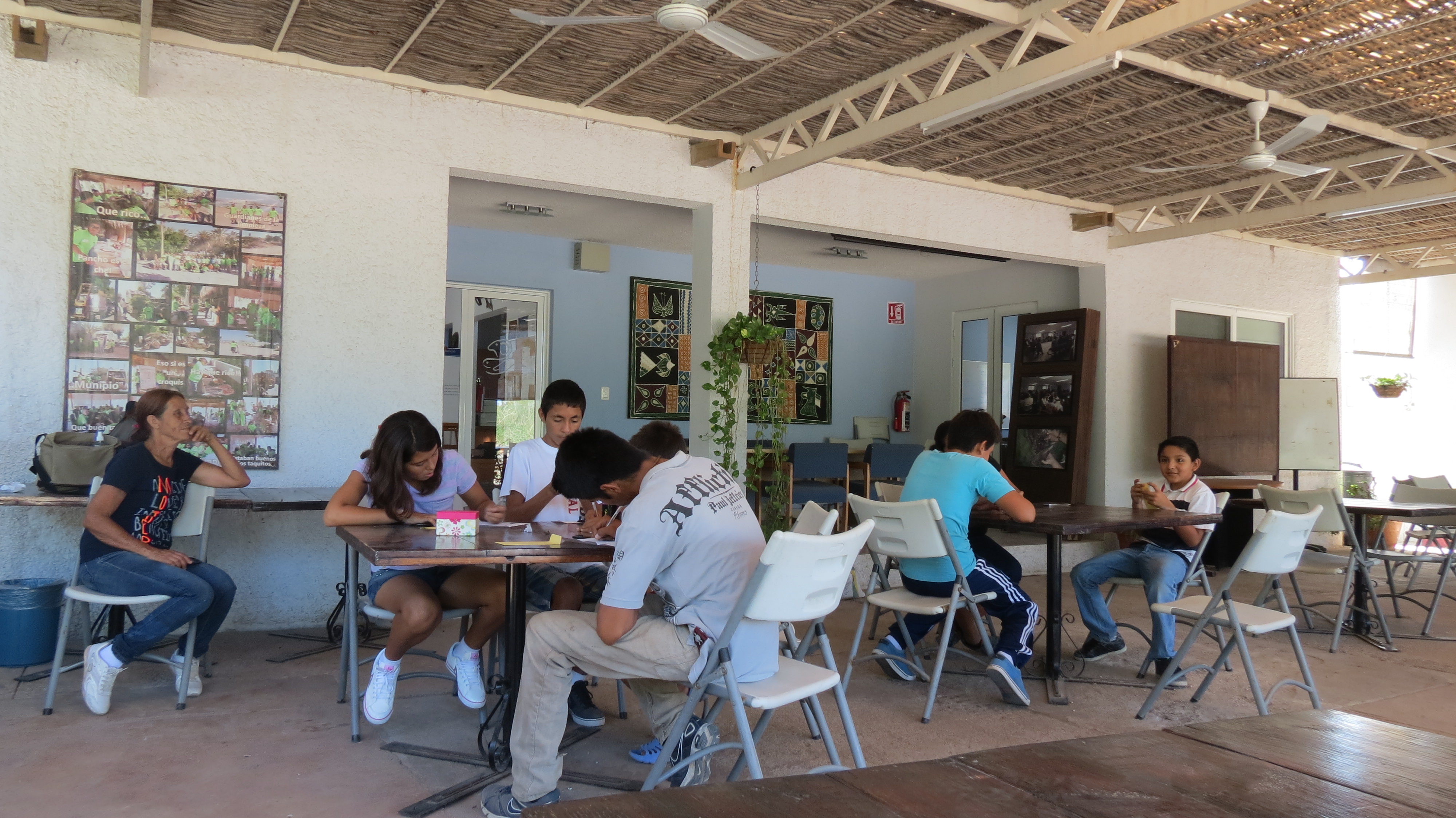The journey starts with engagement
Early on, fisherman Hubert Méndez and others had the idea to involve the fishers themselves with surveying the various species in the Ensenada de la Paz bay. They did a first survey of 139 quadrants by the end of 2011, and then invited nine fishermen to get involved in a second survey. Then, another group of fishermen surveyed 10 more quadrants. “The idea of getting them all involved was for them to realize that they were all completely killing the whole population,” says Méndez. “They discovered, in 2011, that there were only 100,00 Callo de Hacha penshell clams left, and by 2012 there were less than 70,000. So the population was indeed decreasing, [and] we knew it was not human error. By the end of 2012, we formed a group called ‘the twelve’ [to continue the work]….We started to band together in this project.”
“But not everyone wanted to be part of this – not everyone believed in the vision,” laments Mendéz. Against a backdrop of fear and falling incomes, conversations about fishing even less were anything but easy. “These were intense meetings,” reflects Méndez. “Oftentimes, within about 4-5 seconds there were fights ready to break out.”
For the NOS team, it was an equally intense period of learning. Clearly, the problem was a lack of trust not only between NOS and the Manglito fishing community but also amongst the members of the Manglito community themselves. “Gradually, we started to understand the complicated politics within the fishing community,” says Academy Fellow Christian Liñán-Rivera.
Expanding learning practices to the community
The provision of systems thinking tools to NOS and El Manglito community members greatly assisted with the learning that was needed on both sides. The NOS staff started doing internal workshops where they were teaching each other tools like the ‘ladder of inference.’1 “We started to realize how far we had to go in learning how to truly listen to one another,” says Liñán-Rivera, “and how to honor the differences between us.”
By the end of November, 2011, NOS staff members were introducing “World Cafés” to the Manglito community. The World Café is a tool especially suited for larger work meetings, where people sit at small tables and embark on conversations that emerge naturally between them instead of following some preset agenda. “We began to understand many things we had previously overlooked,” says NOS co-founder Alejandro Robles,” like how critical financial compensation for the fishing community was. In having these kinds of conversations, NOS finally began to become more integrated within the community.”

The fishers took strongly to World Cafés and check-ins. “People came to love check-ins,” says Liñán-Rivera, “and they would even kid us if we started a meeting without one.”
“Rather than talking about big grandiose things like trust and cultural transformation,” Liñan-Rivera continues, “we found it very natural to simply honor the opening space of our new relationships with one another. In many ways, the Manglito community members understood this better than we did at NOS, and gradually stereotypes about NGOs and marine biologists, as well as our own about the fishing community, began to come down as we started to actually get to know one another and practice deeper listening. In the end, we are all human beings, after all, but you need to allow space for relationships to incubate, and you need time. Then the invisible connections among us all can start to become visible.”
Looking back over the previous seven years, OPRE member Ramona Méndez, who grew up in El Manglito, says, “At first, they [the fishers] hated NOS. Only a few were involved with them back then. The meetings would last one second and then they would all start to fight each other. Now they can handle meetings for as long as four hours….my sons Hubert and Guillermo [Méndez] were key in handling that conversational dynamic. The first time they came to NOS, they didn’t trust Alejandro [Robles] either, but as they talked they slowly built more and more trust until ultimately we had the possibility of building something like OPRE.”
(1) https://thesystemsthinker.com/the-ladder-of-inference/
